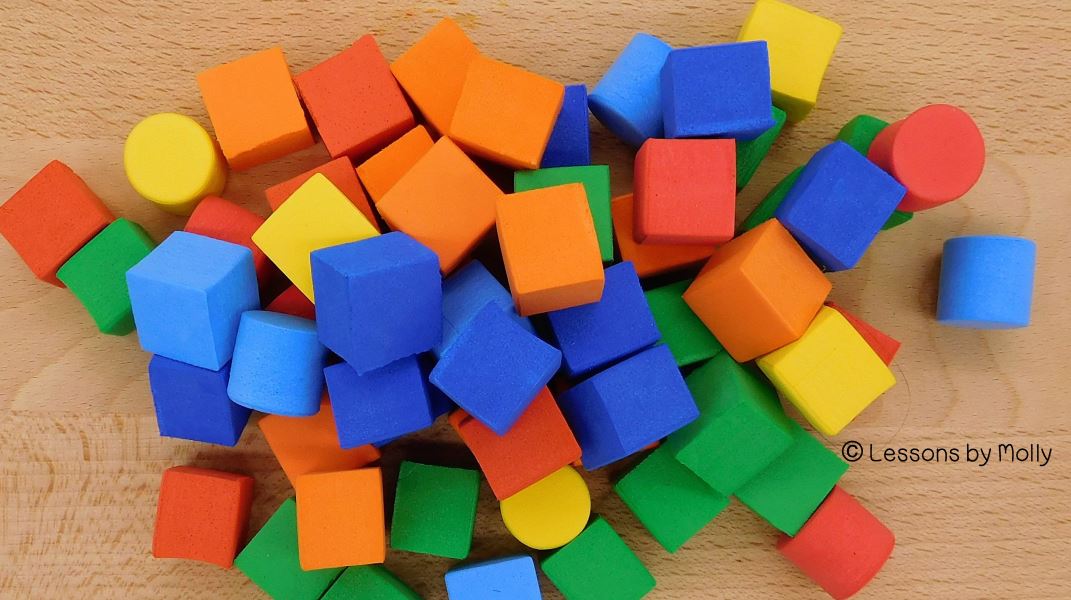While some educators believe that math centers should be on a student's instructional level, staging them at a child's independent level is advantageous and essential. An independent-level math center involves tasks that a child can complete on their own without requiring the direct support of a teacher or assistant. These tasks should be appropriate for the child's current level of mastery and allow them to practice and reinforce skills they have already learned. For example, an independent math center that uses number cards from zero to five would be appropriate for a child that can count and recognize numbers within five (0 to 5). However, using number cards between 6 to 10 would not be suitable if the child has not yet mastered that level.
Below are four reasons educators should accumulate and use math centers within students' mastery levels.
1. Collaborative Engagements: Firstly, independent math centers can foster cooperative learning among students. Children who work on independent activities can share their strategies, ask questions, and learn from each other's thought processes. This group interaction can enhance their understanding of math concepts and help them build positive peer relationships.
2. Growth Mindset: Secondly, independent math centers can promote positive self-concepts in children. Children who complete math centers independently feel a sense of accomplishment and pride in their abilities. This positive view of self can boost their confidence and motivate them to continue learning and growing.
3. Positive Behavior: Thirdly, working with independent math centers can help children develop good behavior and work habits. When children work independently, they learn to focus and concentrate on a task for an extended period. This curiosity in intellect can help them develop self-discipline and perseverance, essential academic success skills.
4. Does Not Require Direct Adult Support: Independent math centers can reinforce skills and prevent them from being forgotten or weakened. While instructional-level activities are essential for learning new concepts, it's important to note that they are not independent center activities. Instructional-level centers require the support of an educator or a teacher assistant that is not busy with students in a small group.
In summary, independent math centers are valuable and worthwhile for young children. They foster cooperative learning, promote a growth mindset, develop positive behavior and work habits, and reinforce skills. They allow children to practice and review skills they have mastered. Math skills require regular practice to maintain proficiency, and independent math centers can provide a fun and engaging way for children to check and strengthen their skills.
Read more about independent math centers HERE.


No comments:
Post a Comment